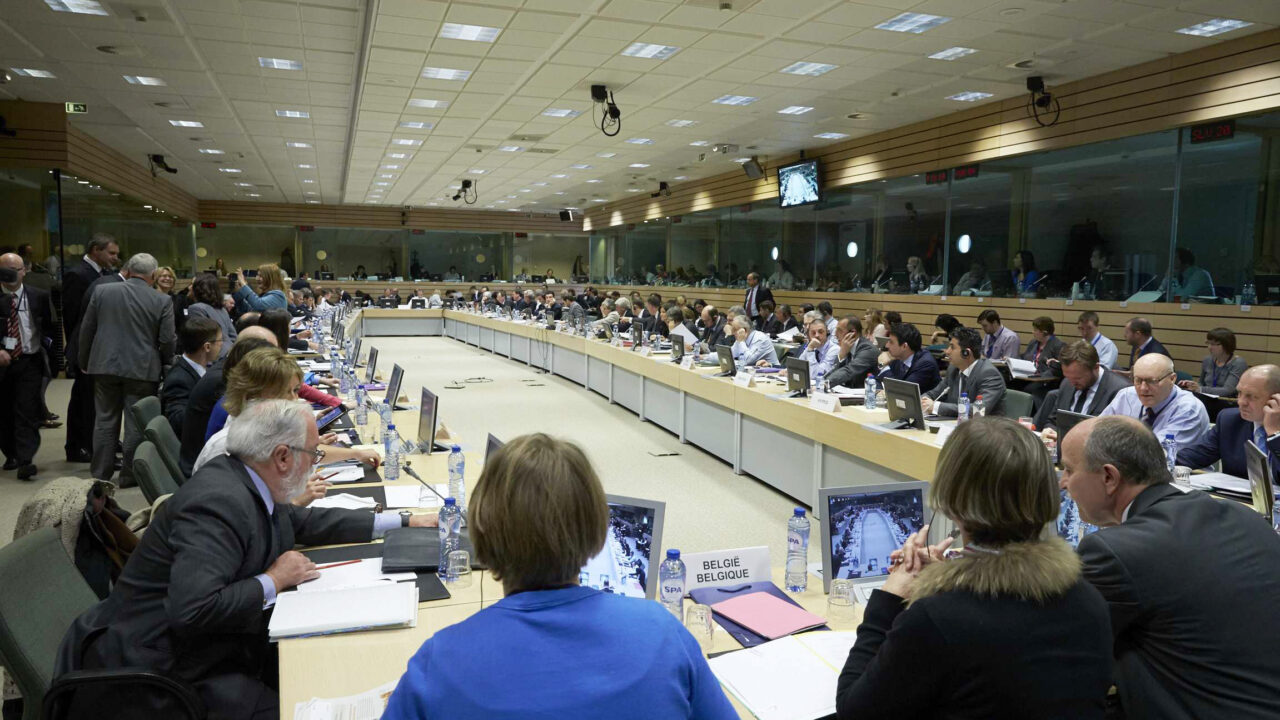Back in 2014, when Russia introduced an import ban on most EU food imports, Brussels reacted by putting in place specific aid measures to bolster the farming and food industries in those countries most affected by the restrictions.
Hold this thought for a moment and then consider Irish Farmers’ Association (IFA) president Joe Healy’s response to the recent Brexit speech given by the UK Prime Minister Theresa May in London.
As far as the Galway man is concerned, Britain is now committed to a hard Brexit and a cheap food policy.
A quick look at a map of Europe confirms just how isolated Ireland will become, both geographically and economically, should the UK raise the drawbridge to Irish food imports in the wake of Brexit.
Healy also points out that the UK has come up with no new proposals to avoid a hard border on the island of Ireland.
If the IFA supremo is correct, then his priority must become that of getting a cast-iron commitment from Brussels to the effect that additional support will be made available to Irish agriculture post-Brexit.
And, given the relatively pedantic pace at which decisions tend to get taken in Brussels, the campaign to get this matter sorted out needs to begin now.
The reality is that Irish farming and food may well be on life support for at a least a decade, should Healy’s predictions become reality. Such circumstances will require a long-term, strategic response from Brussels.
Given these circumstances, the CAP seems the relevant vehicle to allow this become reality. Such a move would also allow all other member states of the EU to demonstrate their support for Ireland in a very transparent and meaningful way.
One of the very few positive developments to emerge from the Brexit discussions so far has been the very obvious commitment of the EU’s negotiating team to highlight Ireland’s unique exposure to a hard Brexit and the need for Brussels to bolster the Irish cause.
But words and kind sentiment are one thing. The coming months must see the required steps being taken by the EU’s decision makers to ensure that Ireland is not allowed to suffer from a decision that it had absolutely no part in making.
